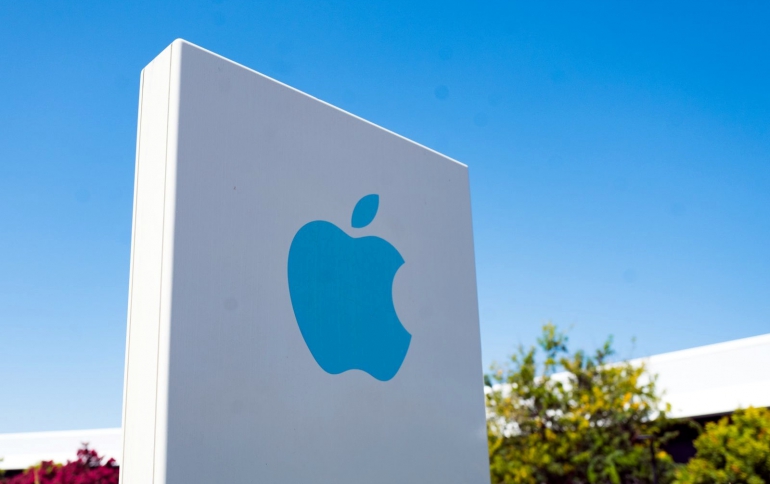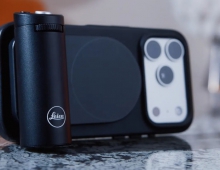
Apple, Qualcomm Ready For Next Patent Battle After Mixed Court Rulings
Qualcomm on Tuesday lost a bid to have imports of some Apple iPhones banned in a final ruling on one dispute between the two companies by the full U.S. International Trade Commission.
The U.S. International Trade Commission on Tuesday invalidated a Qualcomm patent for a battery-saving feature. Earlier in the day, a separate trade judge said Apple infringed a different Qualcomm patent and recommended certain older models of the iPhone be banned. The commission is scheduled to release a final decision in that case in July.
In one ruling, the ITC rejected Qualcomm's request that the ITC ban the importation of several models of Apple iPhone that Qualcomm claims violate patents held by Qualcomm. Qualcomm had asked the ITC to ban the importation into the U.S. of iPhone 7, 8 and X models with modem chips supplied by Intel. Upon issuing this ruling, the ITC closed its investigation of the case, brought by Qualcomm in 2017.
"The Commission’s decision is inconsistent with the recent unanimous jury verdict finding infringement of the same patent after Apple abandoned its invalidity defense at the end of trial," Qualcomm said in a statement. "We will seek reconsideration by the Commission in view of the jury verdict."
We’re pleased the ITC has found Qualcomm’s latest patent claims invalid. It’s another important step to making sure American companies are able to compete fairly in the marketplace. Qualcomm is using these cases to distract from having to answer for the real issues, their monopolistic business practices. They are being investigated by governments around the world for their behavior, and we look forward to detailing the many ways they’re harming consumers and stifling innovation when we present our case in San Diego next month," said Apple.
In the second separate ruling on another case, ITC Administrative Law Judge MaryJoan McNamara issued an initial determination that the same models of iPhone violate a valid Qualcomm patent for processor power management technology in mobile devices.
Judge McNamara recommended that the ITC issue a ruling barring the importation into the U.S. of iPhone 7, 8 and X models. The determination also recommends that the ITC issue a cease and desist order barring further sales and marketing of the devices in the U.S.
Judge McNamara's initial determination faces review by the entire ITC before a final determination will be issued.
Qualcomm claims that the circuitry in Apple's A10, A11 and A12 applications processors violate U.S. Patent No. 8,063,674.
“We are pleased that today ITC Judge McNamara found that Apple-designed processors infringe our ‘674 patent and will be recommending an import ban and cease and desist order to the Commission,” said Don Rosenberg, executive vice president and general counsel for Qualcomm, in a statement. “The innovations we contribute to the iPhone extend well beyond a single component and Judge McNamara’s decision, along with recent infringement rulings in other U.S. and foreign courts, affirm the value of our technologies.”
Of the two cases decided on Tuesday by the ITC, the ruling favorable to Apple can only be appealed to a federal court. The ruling favorable to Qualcomm faces review by the full six-member ITC, which will make a final decision.
The cases are among some 80 worldwide between the companies in a dispute that’s lasted more than two years. Qualcomm is hoping a victory, particularly an import ban, could give it greater leverage in technology licensing negotiations. Qualcomm claims Apple owns the chipmaker billions of dollars in unpaid royalties on the iPhone as the two tech giants argue over the value of the chipmaker’s patents.
Apple denied infringing any of the patents in the two cases and claimed Qualcomm is trying to shut its only U.S.-based competitor out of the market, something Apple argues will hinder the development of the fifth-generation of mobile communications.
Qualcomm argued that if it can’t enforce its patents, that will lessen the value of its innovation and give rivals a chance to gain greater market share. Qualcomm has called the Intel products inferior, and accused Intel and Apple of incorporating unlicensed Qualcomm inventions into the Intel chips to improve their quality.





















